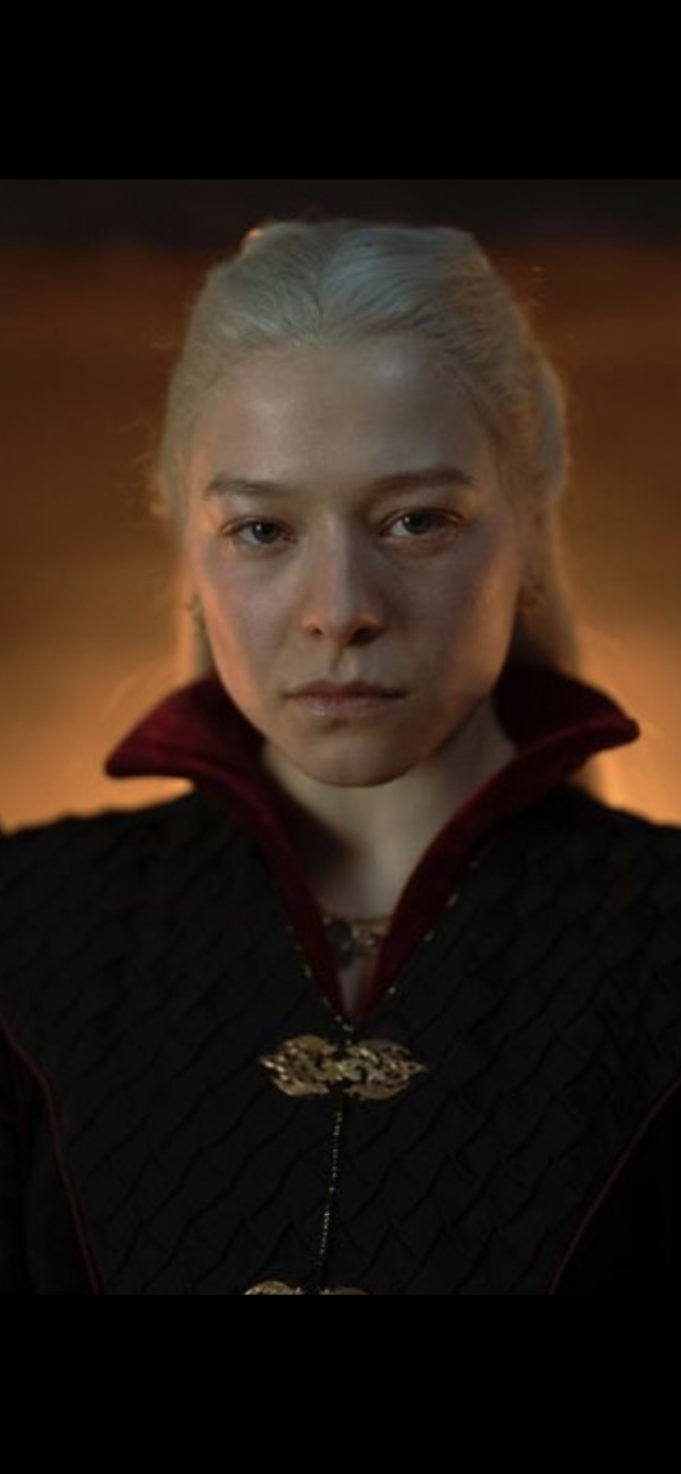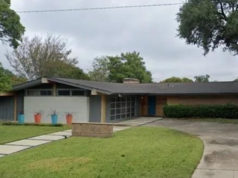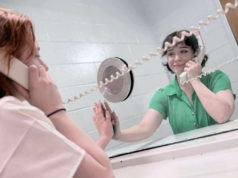It’s been two weeks since the first season of House of the Dragon concluded, and the question that has been on my mind is this: What is the point of a prequel? I guess it depends on who you ask. While a writer’s motivation to work on prequel material probably stems from the thrill of revisiting an existing fictional universe, a studio executive’s reason to greenlight any prequels is to extend the profitability of popular intellectual properties. In either case, because prequels set up foregone conclusions, they offer a safety net for both their creators and the suits who grant them life, and as long as the writers leave enough in-universe time, that profitability can be extended indefinitely, at least theoretically — writers are still faced with the challenge of creating surprises for the viewers, of course, but they still have a narrative endgame they have to adhere to. Less cynically, when you consider that a prequel’s world is built in the spaces beyond what was shown in the original fictional universe’s environment, prequels do offer their showrunners ample room to express original Big Ideas. Sometimes these ideas amount to interesting flavor text, like when a show takes a character of unspecified skin color in the source material and casts a nonwhite actor in the role. There’s a more important role for a prequel’s ideas, however, and that’s to explain the behavior of a character who exists in the prequel’s future.
My favorite example of this is Anakin Skywalker’s arc across all nine goddamn Star Wars movies. You may loathe the actor’s portrayals, but the idea that Anakin Skywalker, a little boy with serious abandonment issues who gets “rescued” by a hubristic, emotionally repressive religious order that demands a vow of celibate singlehood, will grow up to become the principal enforcer of a fascist regime/implacably evil cyborg space wizard with a secret obsession with destiny is worth way more than its weight in action figures.
House of the Dragon has some big ideas about destiny, but they are a little less on the nose than explaining that Darth Vader wouldn’t exist if the Jedi had allowed Anakin to get married. I started thinking about this during the very last shot of “The Black Queen,” House of the Dragon’s 10th episode and season finale. For you kids whose parents won’t let you watch this show, that last shot is of the face of Rhaenyra (Emma D’arcy) right after she’s learned of the death of Luke (Elliot Grihault), her second-born son. As her war council argues over the famed Painted Table of Dragonstone, her uncle-husband Daemon (Matt Smith) takes her aside. The dialogue disappears beneath the swell of the score. We see Rhaenyra from behind, watching her posture diminish in reaction to Daemon’s news. I expected to see her collapse in grief, but instead she turns around as the camera draws to her face for the final shot. Her face is not contorted in grief. Instead, her grief has instantly calcified into chilling, dead-eyed resolve, a look that would make Breaking Bad’s Mike Ehrmentraut move back to Philly.
This is one of House of the Dragon’s big ideas: that grief is truly only valuable if it can be tempered into a sword. Should you let yourself inside your feelings too much or hold fast to some noble principle, your rivals will kill you — and if you don’t believe me, just ask the ghosts of Lyman Beesbury (Bill Paterson) and Ned Stark (Sean Bean). But the circumstances leading up to Luke’s tragic fall from the sky above Shipbreaker Bay speak to another HOTD Big Idea: Shit happens and then valar morghulis. Misunderstandings, petty insults, being in the wrong place at the wrong time — a minor mistake or unrelated happenstance can just as easily lead to mass suffering. People often remark that if Hitler had merely been taken seriously as an artist, WWII would never have happened. There’s no way to be sure about that, though, and you can’t speculate about what might have happened in the season finale if Alicent hadn’t heard Viserys’ deathbed ramblings about “Aegon” two episodes prior. But Alicent did hear and interpret them in an entirely deterministic way, and now the Dance of Dragons has begun with one dragon fatally chomping another dragon through the neck, sending his rider tumbling into the sea.
More to this point: Prior to sending Luke on his fateful mission to Storm’s End, Rhaenyra made it clear to her council — and her husband — that she would not draw first blood, an edict made out of a desire to rule over a queendom of loyal subjects instead of one made of ashes and bone. Perhaps this expressed political will might have made it to King’s Landing and fomented a stalemate or peace or some other outcome that doesn’t involve death, destruction, and widespread woe. Too bad Rhaenyra didn’t think about the scarred ego of her half-brother Aemond, who made it to Storm’s End ahead of Luke, where he not only treated, seemingly successfully, with Lord Boros Baratheon, but then revived his old taunts about Luke’s true father, as well as demanding Luke put out his own eye in retribution for slicing out Aemond’s years before. And too bad that Rhaenyra didn’t consider that dragons don’t always follow the commands of their teenage riders.
Obviously, Rhaenyra couldn’t have controlled those events any more than the two boys could actually control their dragons — Luke, adhering to his mother’s edicts that he be a messenger and not a warrior, walks away from his uncle’s challenge, mounts his dragon Arrax, and heads for home. But Aemond, being the petty, sadistic, teenage prick that he is, appears out of the storm clouds riding Vhagar to harry Luke and Arrax in one of the best scenes in the entire show. I wouldn’t say that it is all in good fun, but it is Arrax, not Luke, who attacks Vhagar, and it is Vhagar, not Aemond, who retaliates. In the aftermath, Aemond’s genuine surprise that Vhagar didn’t obey his commands is shot through with a good dose of “Oh, shit. I just fucked this all up.” How he spins his actions is left for the next season, but in this moment, Aemond is a boy who realized his boyish teasing has grown up into a very adult offense.
Were ifs and buts mere candy and nuts, amirite? But what’s done is done, and about 120 years later, the Targaryen dynasty will finally crumple for good beneath the warhammer of a hotheaded drunk named Robert Baratheon, setting up the events of Game of Thrones. I don’t want to delve into the accuracy and differing interpretations of the prophetic dream of King Viserys (Paddy Considine) — and the prophecy that was magically inscribed in his Valyrian dagger — vis a vis the last season of Thrones. Just know that the prophecy points in the right direction. Narratively, the prequel does what it is supposed to do. As for the other purpose of this prequel series, does it offer enough surprises, compelling performances, and all the other reasons a person watches spinoff content? In my opinion: Hell, yeah, it does.
Gritty pre-modern fantasy is probably my favorite genre in fiction. I don’t like all of it — I have not, nor will I bother to, finish watching Rings of Power, and I couldn’t handle more than 10 minutes of Wheel of Time — but if a show has swords, wizards, and monsters in it, I will give it a chance. And in that regard, House of the Dragon pushed that button in my brain firmly and often. Every shot of Dragonstone filled my head with wonder, and every scene on that stone bridge leading to its castle had me on the edge of my seat. The sets themselves thrilled me, far more than anything made possible with Rings of Power’s $60 million-per-episode budget. The swashbuckling staircase fight near the end of Episode 9 (“The Queen Who Never Was”) packs more excitement and high stakes in it than all six Pirates of the Caribbean movies put together. But even if this show had been shot in a Walmart parking lot and armed the characters with yardsticks, I still would have been riveted by the performances. Of all, Considine’s portrayal of King Viserys as a world-weary, trying-his-best, Widowed Sad Dad resonates the most, but every actor in the cast made their roles truly sing. From the bitter, insolent resentment of Fabien Frankel’s Ser Criston Cole to the simmering frustration in Olivia Clarke’s portrayal of Alicent, the actors made these characters feel real, and that’s even before you consider where Emma D’arcy had to go with two of Rhaenyra’s pregnancies. I went into watching this show wondering if it would appeal to both viewers who’d skipped GOT and those who care little for fantasy epics. And at the end of its first season, I think the answer is yes. If the purpose of a prequel is to further flesh out an existing universe as well as extend the life of an intellectual property, House of the Dragon, as far as I’m concerned, is a rousing success, even if the ultimate ending that looms ahead of its characters might leave a lot to be desired. Whether or not more of George R.R. Martin’s world will make it onto the screen remains to be seen, but it is a world that is indeed dark and full of terrors, and I will show up every week for them.












